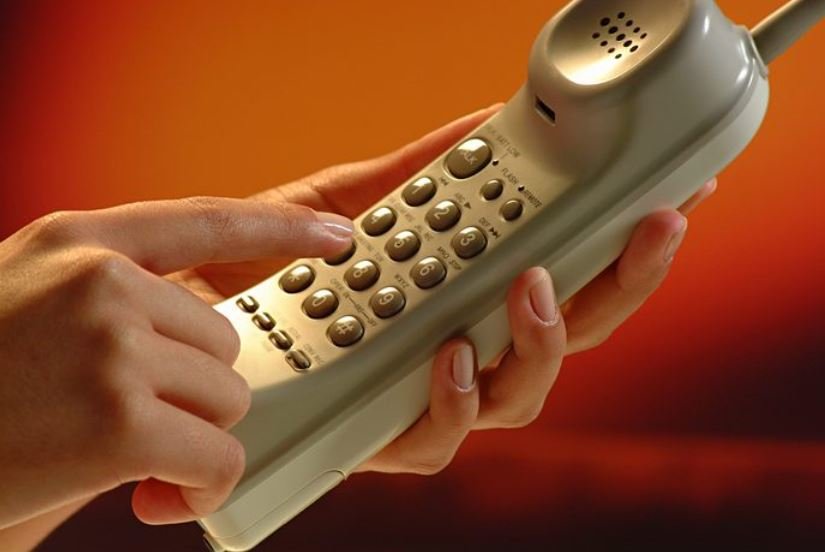Tech
The Vanishing Home Phone: A Fading Fixture of American Life

In the not-so-distant past, the weekend ritual for many of us included anxiously waiting by our home phones for a call from our crush. The tension rose, especially if they called after 5 p.m. when the calls were free. The only concern was the prospect of a nosy sibling eavesdropping on your conversation. Yet, it seems that this once-essential household item is gradually disappearing. Is the home phone gradually becoming a relic of the past in America?
Navigating the Ever-Changing Landscape of Home Communication
Recent statistics reveal a shocking truth; merely around 37% of American homes maintain a landline today. This figure is in constant decline, though it’s not uncommon to see service providers like Comcast and Verizon advertising their residential phone services. These are typically offered as part of packages with internet and television services, both becoming more advanced and “intelligent” over time.
Most modern smart TVs offer features to make calls or send quick messages, rendering traditional landlines obsolete slowly. Regardless of your personal feelings towards your home phone, the prevailing trend is gradually drifting away from their use.
The Rising Popularity of Mobile Devices: The New Communication Norm
The shift towards cellular devices over home phones is an increasingly common choice. The reason behind this is straightforward – our lives aren’t tethered to our homes. In case of emergencies, having a portable communication device could potentially be life-saving. Mobile phones have successfully offered an on-the-go solution, enabling people to receive calls and messages wherever they are, thus diminishing the necessity of a stationary home phone.
The Future of Home Communication: A Technological Leap
As we advance further into the technological age, it seems inevitable that the home phone will eventually become obsolete. The ubiquitous nature of mobile phones has caused many to disregard the necessity for a landline, an object confined to one location.
While landlines might maintain their presence in professional environments, they will inevitably evolve and become smarter. Instead of depending on the traditional copper wire system that spans across the country, these devices are likely to transition into wireless technology, boasting a sleeker design. While the landline carries an endearing history, the convenience and portability of mobile phones have effectively superseded its purpose.
Landlines: The Final Curtain Call
To wrap things up, home phones are clinging on by a thread. The remaining 37% of American households that still use them will likely transition to mobile devices in the coming years. As smartphones continue to gain traction due to their enhanced capabilities, the quaint charm of the traditional landline is fading into obscurity.
-

 Tech1 month ago
Tech1 month agoGet Help with File Explorer in Windows 10 & 11 Easily – Step by Step Guide
-

 Tech3 weeks ago
Tech3 weeks agoHelp with Paint in Windows 10 & 11: Easy User Guide
-

 Tech3 weeks ago
Tech3 weeks agoGet Help with Notepad in Windows 10 & 11: Step-by-Step Guide for Beginners
-

 Entertainment1 month ago
Entertainment1 month ago123Movies Alternatives: 13 Best Streaming Sites in 2025




